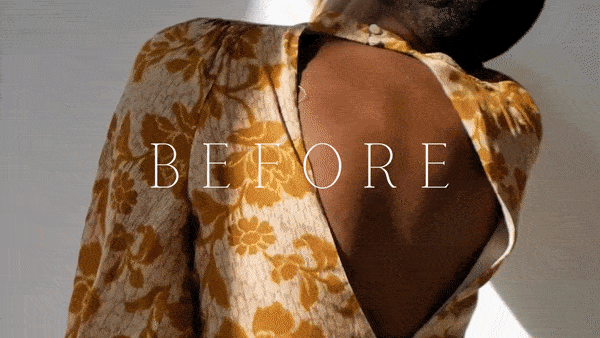On March 28th, the French government officially kicked off discussions around a bill that would put strict regulations on influencers. This bill includes making it mandatory for them to label filtered images and banning them from promoting cosmetic surgery as part of a paid partnership. Influencers would also be banned from promoting cryptocurrency and gambling as part of paid partnerships. The bill covers all French influencers and those influencers who live abroad but earn money from sponsoring products sold in France.
The proposal “to fight against scams and abuses by influencers on social media” is now being examined in a plenary session at the Assembly Nationale. The bill was unanimously adopted on Wednesday, March 22, by the Committee on Economic Affairs following a month of work. This included six consultation meetings with about 30 lawmakers from different political groups. The country’s finance minister, Bruno Le Marie, said the measures would help “limit the destructive psychological effects of these practices on Internauts’ esteem.” He also said that there would be a “zero-tolerance approach” to anyone who does not respect the rules. According to the bill, breaches of the new law will result in up to two years of jail time and €30,000 in fines. Not only that but influencers that are found guilty will not be allowed to use social media or continue their careers.

The bill, which has been described as “transpartisan” by its two co-rapporteurs – assemblymen Arthur Delaporte (Parti Socialiste) and Stéphane Vojetta (Renaissance), “responds to a real need for the structuring and framing of a sector that is taking an increasingly important place in consumer society. “It is about setting “a frame of reference to protect influencers as well as consumers,” Delaporte said. Adding that this does not mean that all influencers are engaged in dubious practices. This is true of a highly visible minority among them, and the consequences are devastating. Especially for public health but also for households that sometimes invest their savings, for example, in fraudulent financial investments.
On Monday, Le Marie told Franceinfo that these regulations were not a “fight” against influencers or a way to stigmatize them. Saying it is, instead, a system to protect them. “Influencers must be subject to the same rules as those that apply to traditional media,” he said. Adding the internet “is not the Wild West”. In 2017, in an effort to combat eating disorders, the French government passed a law that required the words “photographie retouchée” (retouched photograph) to accompany all advertising images in which the models’ bodies had been altered.
The rise of social media over the last decade has coincided with a self-esteem crisis. Eating disorder rates are skyrocketing, and half of both men and women experience body dysmorphia. Meanwhile, cosmetic surgery procedures and non-surgical aesthetic procedures like the Brazilian Butt Lift (BBL), fillers, and Botox are increasing. Research by Dove found that 50 percent of girls believe they don’t look good enough without photo editing. And as the technology around filters continues to advance and becomes undetectable, the consequences could become even more severe.
What are your thoughts on the issue? Follow MEFeater on Twitter, Instagram, Facebook, and Pinterest for more updates.